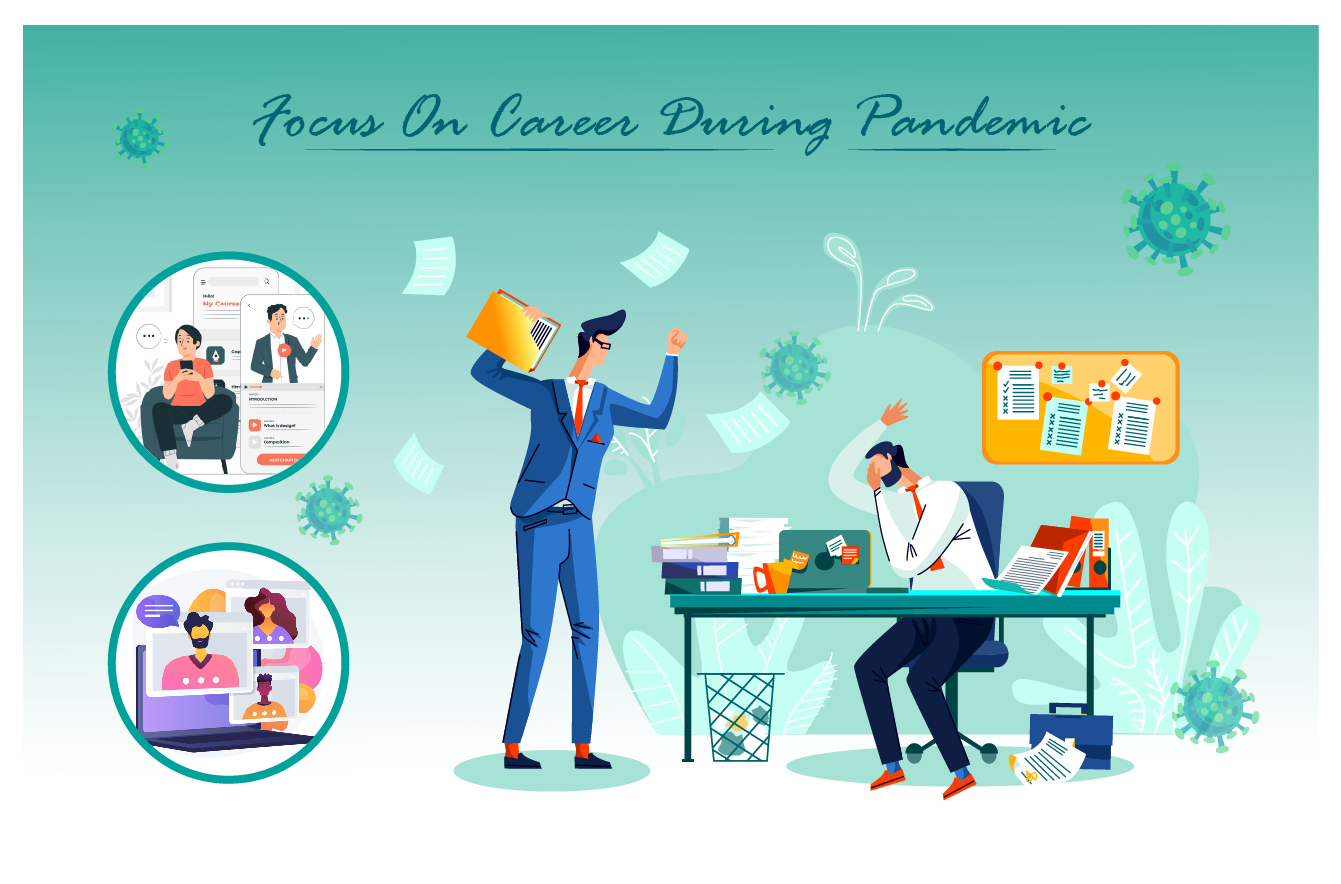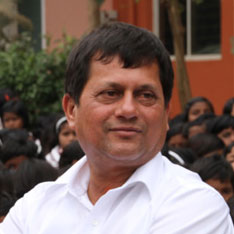By Rajashree Panda,
MSc IIIrd Semester (Biotechnology)
Students generally experience a lot of panic and uncertainty amid the pandemic when it comes to their career prospects and more when they are graduating during the Corona virus pandemic. At first, I was too worried about my career, but I stopped worrying because we all had the privilege of “not worrying about placements” by being admitted to KIIT University.
Just 5 months ago, I was stuck with "what to do in the middle of the pandemic," and here I share some of my experiences that my pals need to hear and read.
What do we choose to do?
Don’t confuse how you work (remotely or physically) with the nature of the work itself. The reality is we might go to a pre-industrial era where people were mostly self-employed and had to figure out how to do something useful with their unique abilities and interests. So, each of us must figure out the answer to the question, “What is that I am unique in, that the world needs and is willing to pay?”
How can students ensure proper skills?
It’s futile to predict what skills need beyond the immediate future. Two things matter at this point, and they’re critical: Learning agility, the capacity to learn new things in quickly changing settings and Skills of the 21st century, it’s the communication, problem-solving, critical thinking, information-finding, teamwork, etc. These are timeless abilities and the very things that make us more human in a world where computers can do more and more.
Some advice you should consider!
Here are some advices on professional development during the COVID-19 pandemic and economic downturn that you may follow! Though I have experienced it, so I feel to share it with you all too.
Recall reaching out. First, contacting friends and family. I checked in with one of my classmates at COVID-19 which provided me tremendous comfort. I also learned about her transition from academy to content writing and digital marketing. By reconnecting with her, I learned to pivot to a new field called freelancing besides enrolling in Biotechnology. And now I am self-independent.
Join career and professional development courses: I took virtual courses for few months. In LinkedIn, I connected with many people in various fields. They encouraged me to build
similar networking areas. I feel that one can build a good connection if he/she keeps up-to-date on social media.
Join networking events. The epidemic made us work more virtually. It also provided access to professional-sponsored seminars and networking activities. Remember to use these events—they are frequently discounted or even free. By joining many virtual events and NGOs, I brushed up my networking and communication skills.
Voluntary service. With many events happening online, you will find lots of chances to spend time to plan events or create or edit materials and establish new contacts in the process. During this pandemic, we are urged to stay isolated; COVID isolation doesn’t imply closing out the world. While restructuring and rethinking our work environment, we must also look for and react to changes to engage and develop relationships with others. Through these changes, we may expand our professional horizons and build important connections that become lifetime support networks. Check your self-development through books, podcasts, and more. There are thousands of podcasts, books, and other content to teach people about business, workplace culture, career advancement, and specific industries and skills—all with experts whose career paths might interest you. I got a Spotify subscription, and now I enjoy group sessions with friends and growing together because "small investments in yourself adds up to many.” Most importantly, You should not take pressure about anything, and yes, do not forget to binge-watch your favorite series.
Must watch on Netflix: Self-made, Alias Grace, Spotlight, Living on One dollar, 42, Jobs, The boy who harnessed the wind, The Pursuit of Happiness, Goodwill Hunting, The theory of everything.
Taking the next step ahead!
If you can’t reach the usual career growth markers, feeling stuck is natural. But even now, you can invest in your professional development and prepare for greater opportunities.
It may require a mindset switch. “Don’t rely on what you’ ve done before,” Diebolt says. “Initiating and driving your own career will always help you well.” So stay focused on your career goals and do what you can to grow professionally now, so when the time comes, you’ are ready for your next big move.



I agree